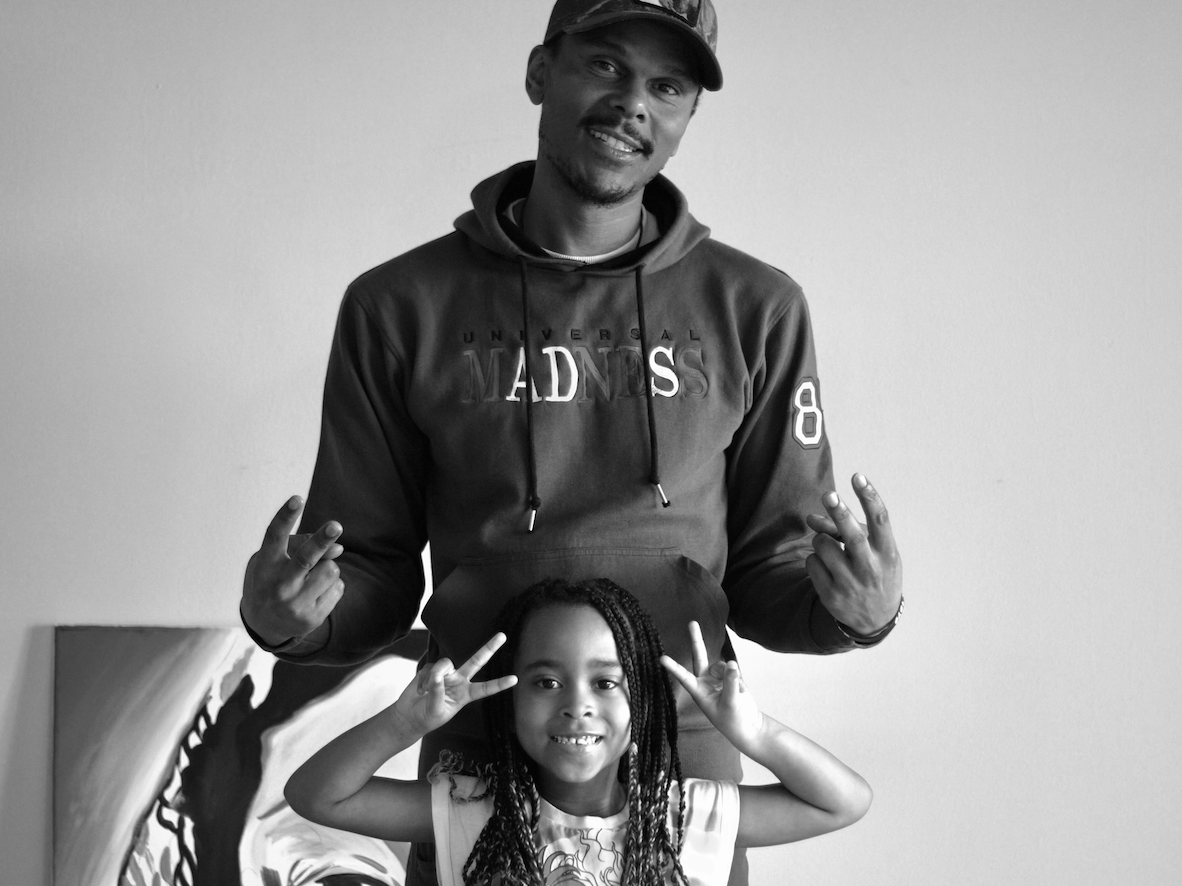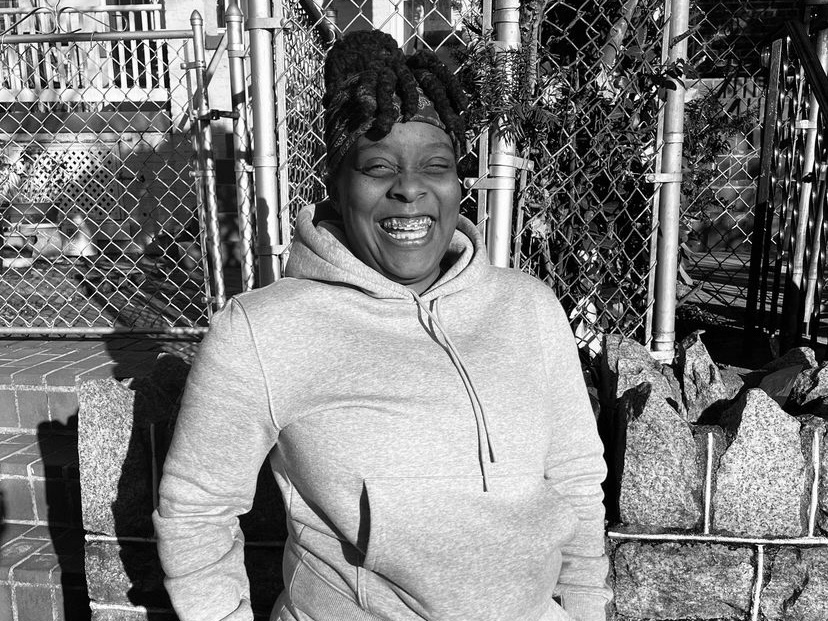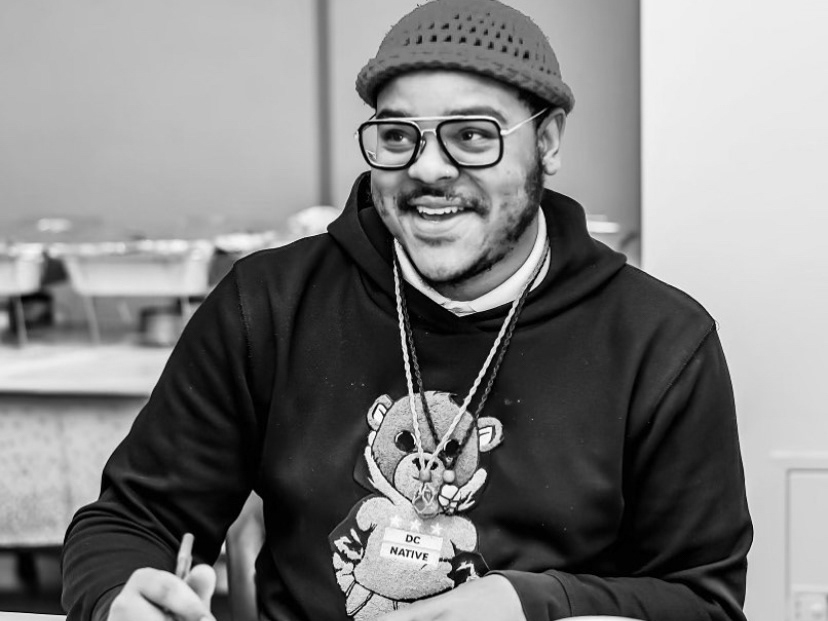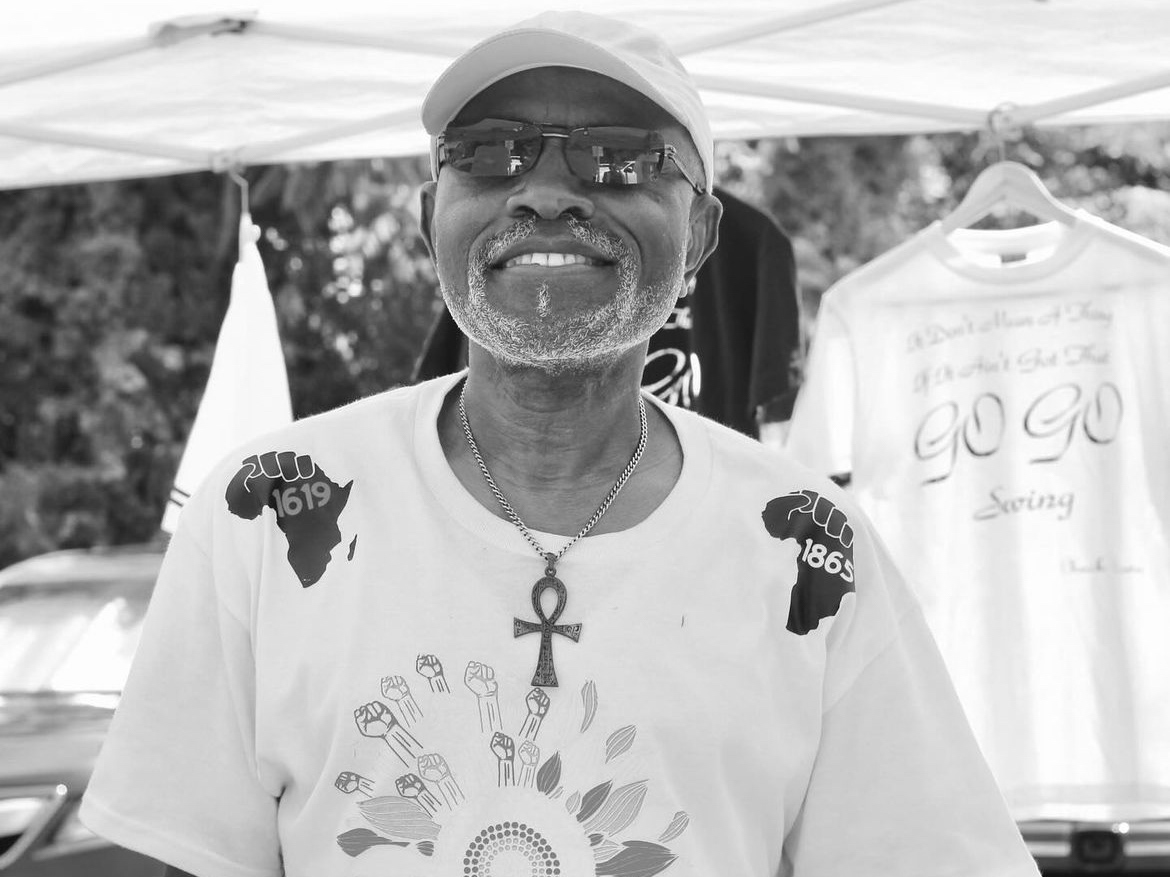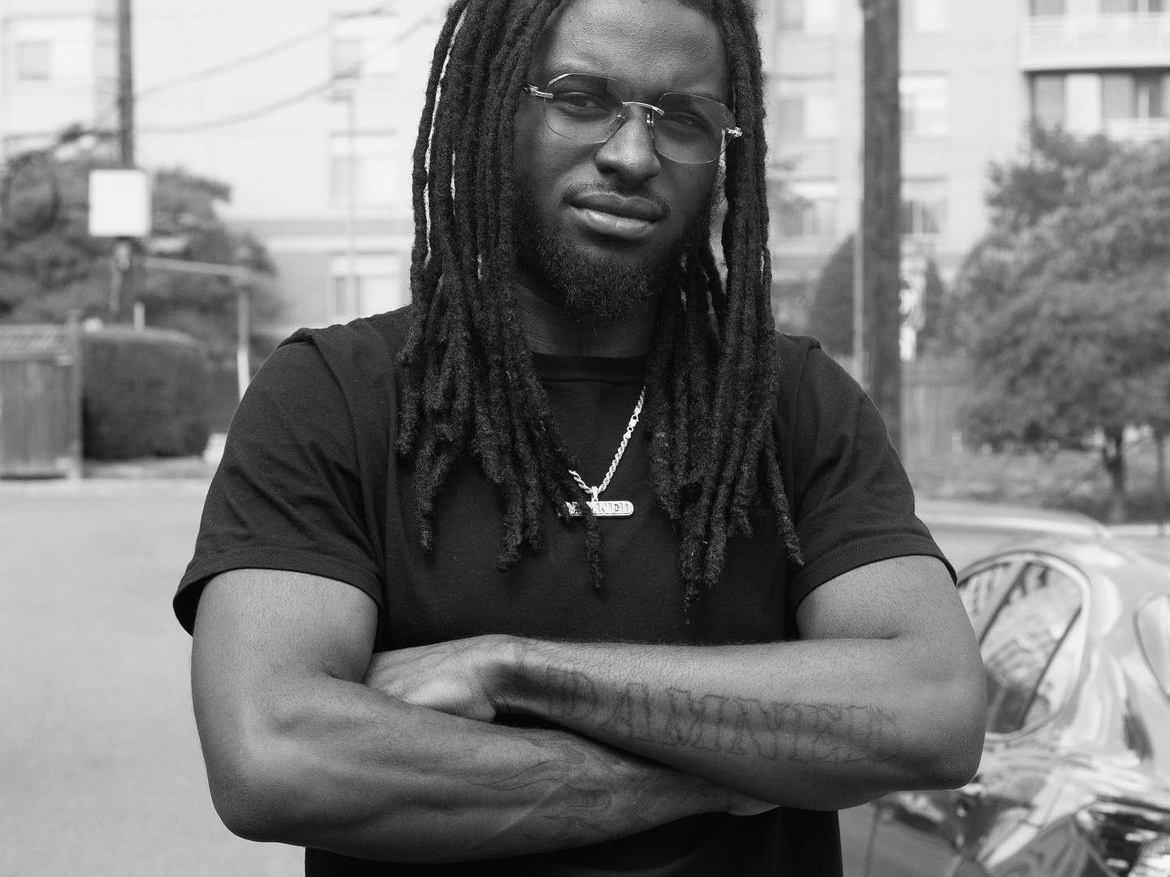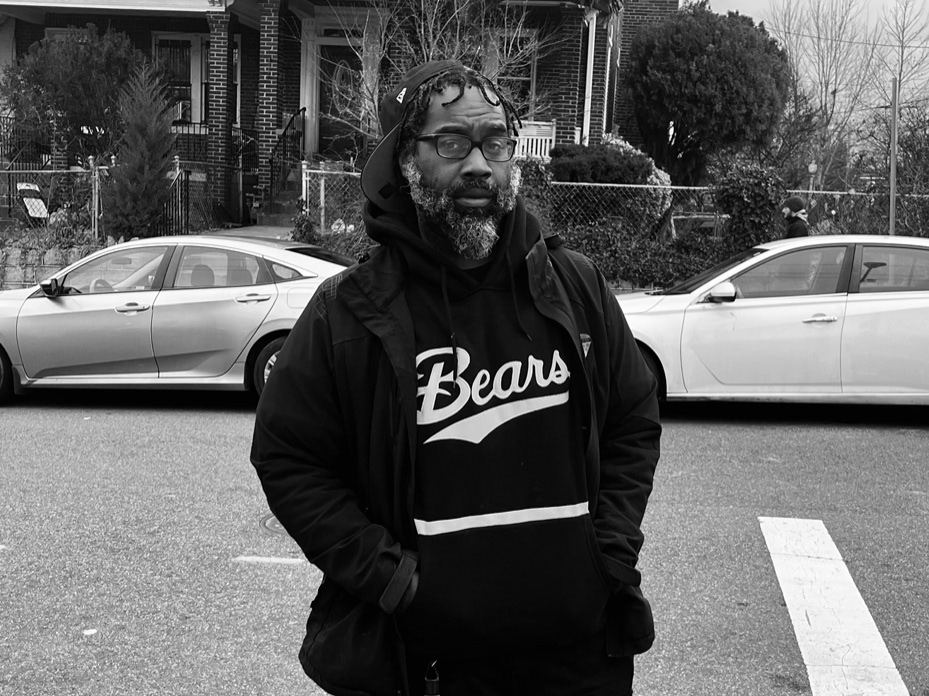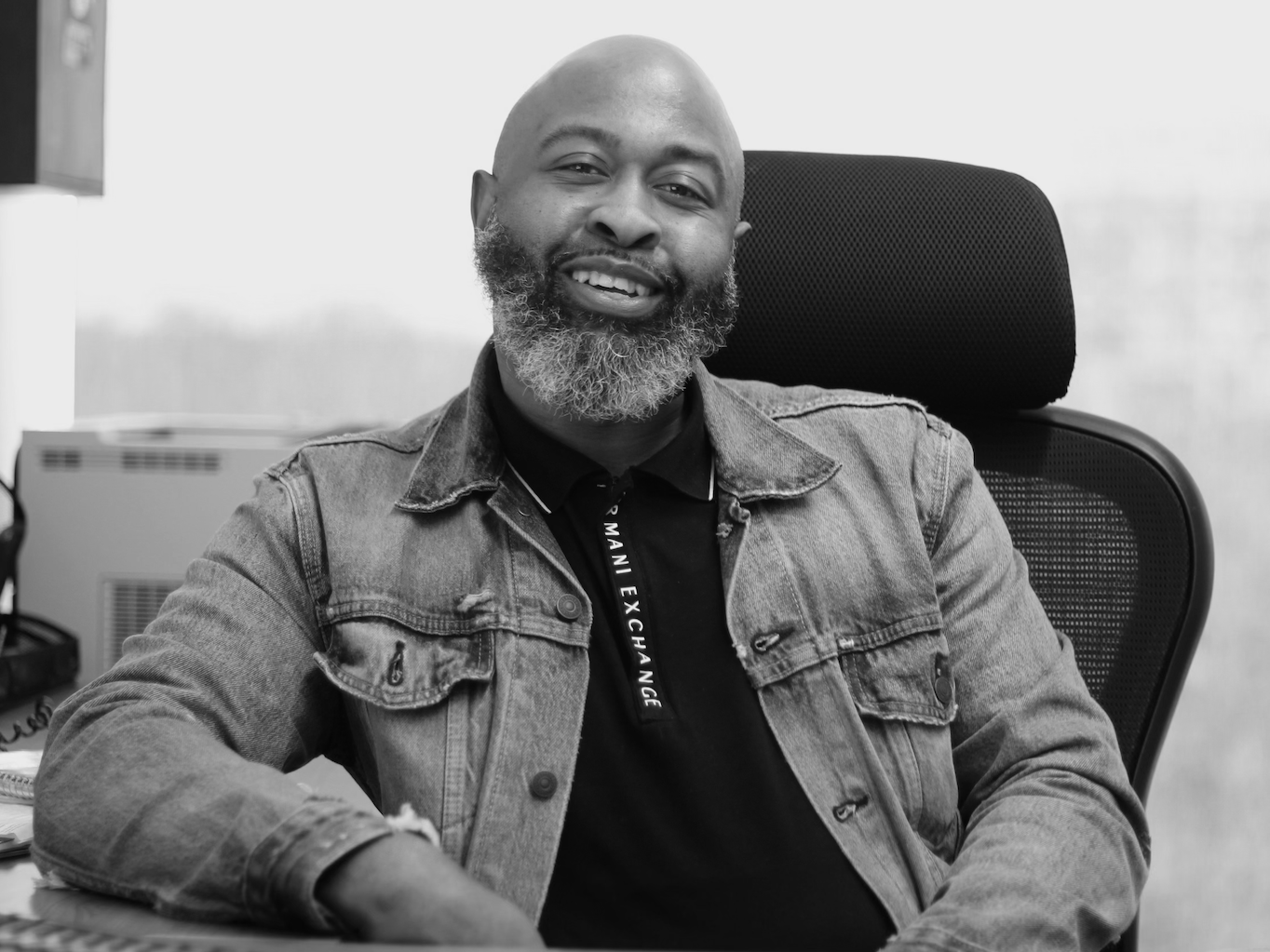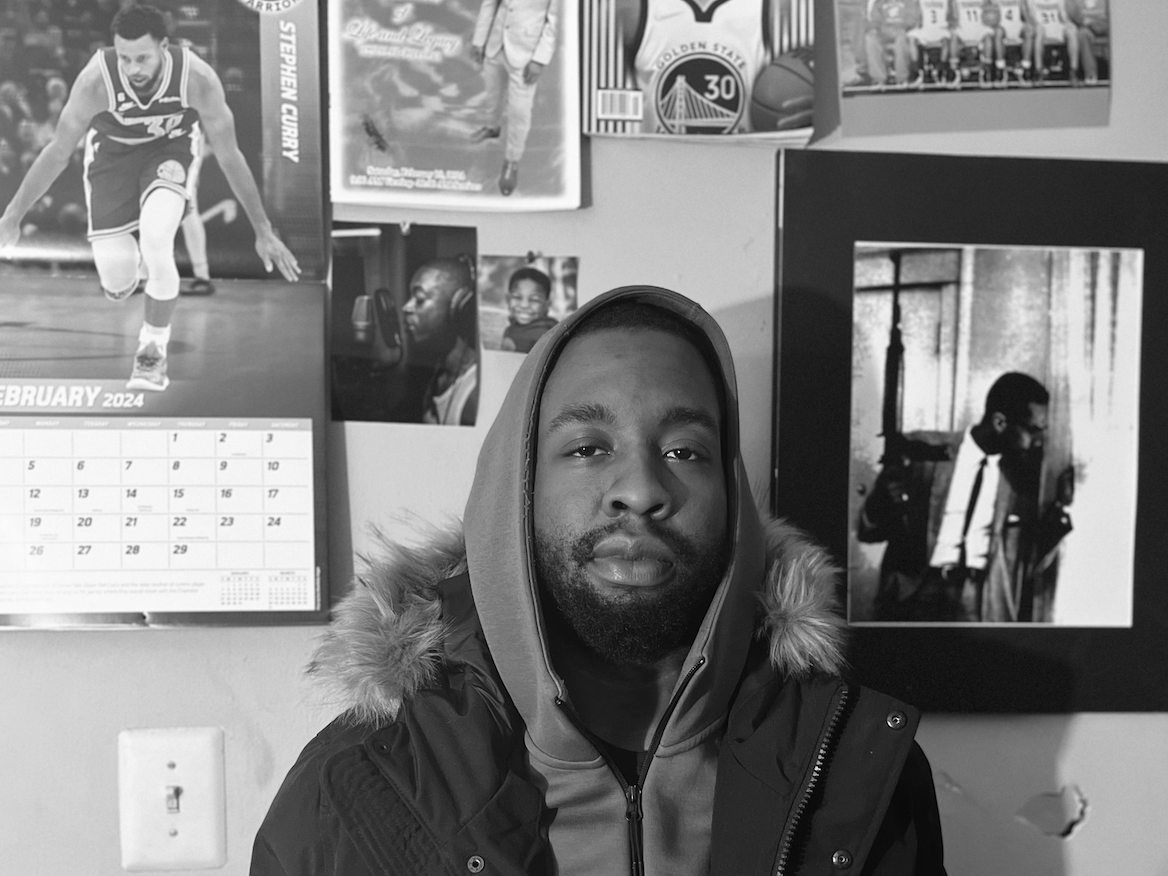[What’s is the most meaningful lesson you’ve learned?]
"To protect my reputation. I feel like learning how to do that and being able to focus on being that kind of person who cares about their reputation brought me opportunities as I've gotten older. I attribute those opportunities to that, because I have a good reputation, the people I'm able to deal with and talk to, reach out to, even if I don't know them; I've never talked to them before, and they might’ve heard something about me [Like me]. Yeah, you know what I mean, so yeah, I think that has really been the most meaningful. [How have you been successful in doing that?] Just staying honest and staying genuine, not making promises I can't keep. Even when I was in the streets, I had an older homie that I grew up under; he said, Look, and this serious business out here—everything is your rep. Everything depends on your reputation and how you carry yourself. And I just believe that me being able to stay focused on that—at one point, I cared about that even more than the money, so I feel like that's what’s kept me able to do that. I'm still like that to this day to a fault; sometimes my wife she gets upset with me because I'm like that so much. Because you know when it's to a fault, you could get taken advantage of, but you know it's just who I am."
[Where did the interest in being an historian come from?]
"My mother just passed this past December, and it was something that she had actually started me on when I was in single digits. She would always put books in front of me to read and tell me that DC, where you growing up, is a very unique city we have a lot of culture. And I just used to hear her say that, and I didn’t really take it seriously, so as I've grown up, I've discovered that I'm attracted to the history. She was a self-proclaimed historian too, so I believe that it's just something that was passed down, and it feels good when I'm doing it; it doesn’t feel like work. I know it's right."
[As a DC native, what’s something you miss thats no longer here?]
"Aw man, I was just talking about this earlier today the festivals we had. The black family reunion—I don't even know if they still doing Adams Morgan Day—I think that one lasted longer than a lot of them. Riverfest, Unifest, and Georgia Avenue Day. Man, that was something to look forward to. Getting together for the whole day, you would be looking forward to it all year. Being able to have that at peace with nobody shooting, no violence, no fights, and things like that. The GoGo bands would be outside; I miss that the most. Especially when you have kids, you want your kids to experience the things that you did."
[With being an historian and running the DC Decades page, what are some of the obstacle you’ve have to over come? What are some of your greatest accomplishments?]
"When I first started the page about 3/4 years ago, so the way we grew up, it's a big difference now this generation wants to show everything; we didn’t want to show anything. That's one of my regrets—not taking enough pictures back then. So getting some of the older homies to you know, take those pictures out of the crates and share them with me. I'll show them what I'm doing; some of them aren’t even on social media, so you know they don't get it at all; they still thinking the feds watching your pictures. So yeah, that's been a big obstacle. One of my biggest accomplishments is actually getting the organic following that I have from the page. And it's really been organic; it took a long time. We were stuck at 3,000 followers for a long time, and just one time, like, two of my posts went viral, and the followers started coming. It just started growing each month. So I was really proud of that because I wanted people to get it, you know? You want people to get it because you're so passionate about what you do. I wanted people to get it, and I feel good now because I can tell they are getting it. They understand what I'm doing, and they all in. It’s such a good feeling, so gratifying."
